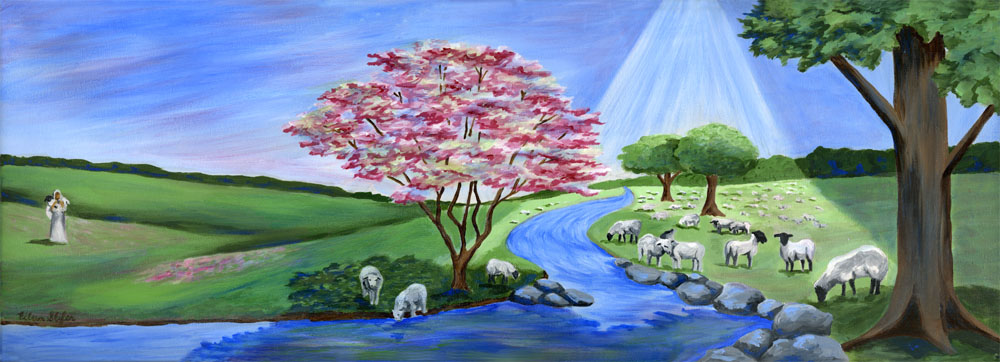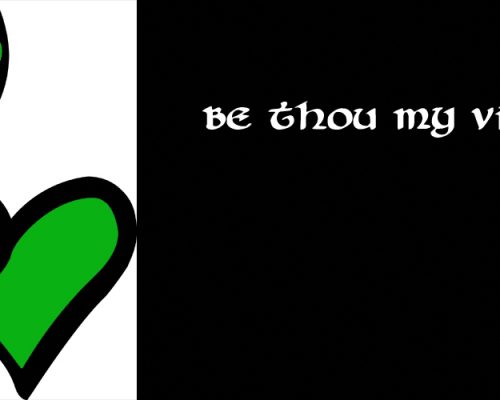This morning I am recalling a Lenten meditation I wrote in 2018 in relation to a draft I’m in the process of writing on a topic. It led me to search my computer for the original writing and in the process I found all three.
When I lived in Alabama and was part of an Episcopal Church, I loved the intentional activities surrounding holy week. It was not a practice I was familiar with in the same applications. The Thursday night foot washing service I found so meaningful.
I felt honored along with many others in the parish in some years to be asked to compose a Lenten meditation for a booklet. It was quite a writing challenge for me as there was a word-count limitation. I recall running my writing from 2018 by a midwife friend from years back – who lived in Maryland – til I tweaked it to say what I wanted to express. It started out with more words and thoughts and by the end I felt I whittled it down (with awkward combining of words and odd phrasing/tenses!) until it squeaked just under the word count!
What took me probably a half hour to compose initially was followed by several hours of verbal trimming!
The image featured here is a painting of a mural I was asked to paint in the baptistery of the Church of Christ in Delaware that I was part of prior to my move to Alabama in 2012. The joy of this equals the joy of many other experiences I’ve had in various faith communities during the last forty or so years.
I’ve been giving some thought to ecumenical issues lately and plan to write more on that in the future. (John 17)
__________
2016 Thursday, February 11
Psalm 37:1-18; Hab. 3:1-18; Phil. 3:12-21; John 17:1-8
Reading Habakkuk’s passage, I realized the obscure references of scripture often raise more questions than answers. Coming to “though the fig tree does not blossom” I knew “loosely” what came next, beyond where the reading ended, to vs. 19.
Taken back 35 years in time, remembering sweet fellowship in a hippie-like Christian community, I could hear brother Gins (his last name Higgins) with acoustic guitar leading a simple song he had composed, which we called “Gins’ Song”:
“I will exult in the Lord I will rejoice in the God of my salvation….the Lord God is my strength UH-HUH…(Echo UH-HUH….)…for He has made my feet like hind’s feet…and makes me walk on my high places…near is the great day of the Lord…near and coming very quickly…listen the day of the Lord!”
Much scripture buried in my mind to this day comes from the many choruses we sang. At one point, Gins read this Habakkuk passage. Passing by unclear parts, he came towards which resonated in his soul. He made this verse his own.
As we wrestle through scripture’s statements, questions and sometimes confusing stories, it is beautifully life-giving when we find words we make our own.
—Eileen Sunstrom
__________
2017 Tuesday, April 11
Tuesday in HolyWeek
Psalm 71:1-14; Isa. 49:1-7; 1 Cor. 1:18-31; John 12:20-26
Born with a call, born to suffer, born to die. Formed in the womb to serve, formed through our sufferings, formed into our resurrection through Christ’s death and our own spiritual and physical passing from death into eternal life.
Today’s four readings outline references to how God not only planned our purpose in life but formed us in the womb with particular qualities we need to fulfill that purpose. We read of the suffering each life holds as we struggle to fulfill that purpose and look to God as our refuge, hope, sustenance, strength, and shield from all enemies both inward and outward. We read of the death Jesus died—the fulfillment of his purpose on earth—reminding us that we all must die. We read the seeming foolishness of a message that heralds death as the means to life. We are given a simple analogy of a wheat kernel, that though it dies and is buried, life springs forth from it and produces much fruit. From the womb to our walk on earth to our death and subsequent resurrected life in Christ, there is an eternal purpose and joy in our lives that transcends all suffering.
—Eileen Sunstrom
__________
2018 Thursday, March 15
Psalm 69; Exod. 1:6-22; 1 Cor. 12:12-26; Mark 8:27—9:1
Naked, agonizing, senseless, you squat over two bricks—the birth stool. Head crowns; water gushes. The bloody son comes into your world.
Midwife quietly snaps his neck: “I’m sorry, your son was born dead.” That, Pharaoh asked of Hebrew midwives. But, instead, this unfolds…
Pharaoh learns: Hebrew women aren’t like his tribe’s women. Vigorous, they birth alone. This strength doesn’t comfort fearful Pharaoh.
It was half-truth. Surely hard-laboring slave women were more fit than Pharaoh’s women.
“What doesn’t kill you makes you stronger.” Right? But let’s not glamorize sufferings of the blessed with platitudes.
Did Egypt not flow with wet nurses? Full women nursing beyond their own? The more flowing from God through His people, the more they fill up, the more they share…Like Hebrew women, people of God’s kingdom go from
strength to strength.
—Eileen Sunstrom


Thank You For Reading
Please Feel Free To Express Your Thoughts Below




